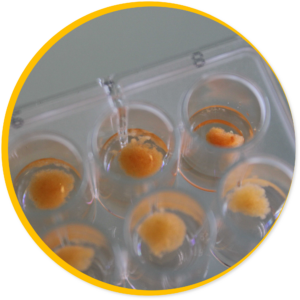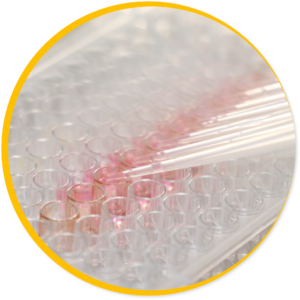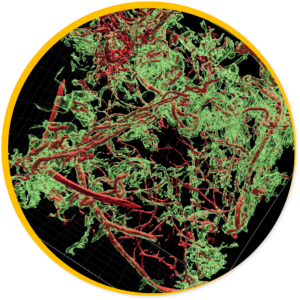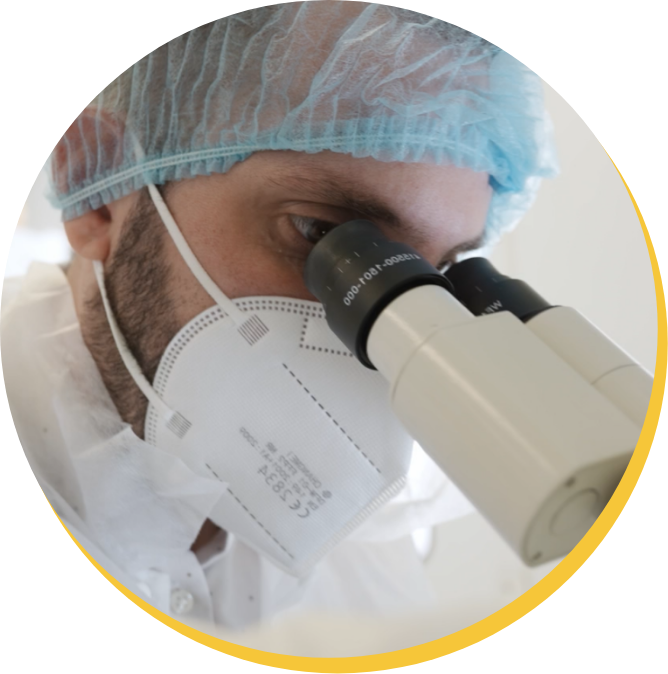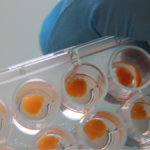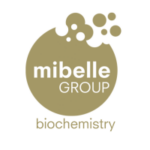3D VASCULAR MODELS
DARK CIRCLES,
PUFFY EYES, UNDER-EYE SAGGING
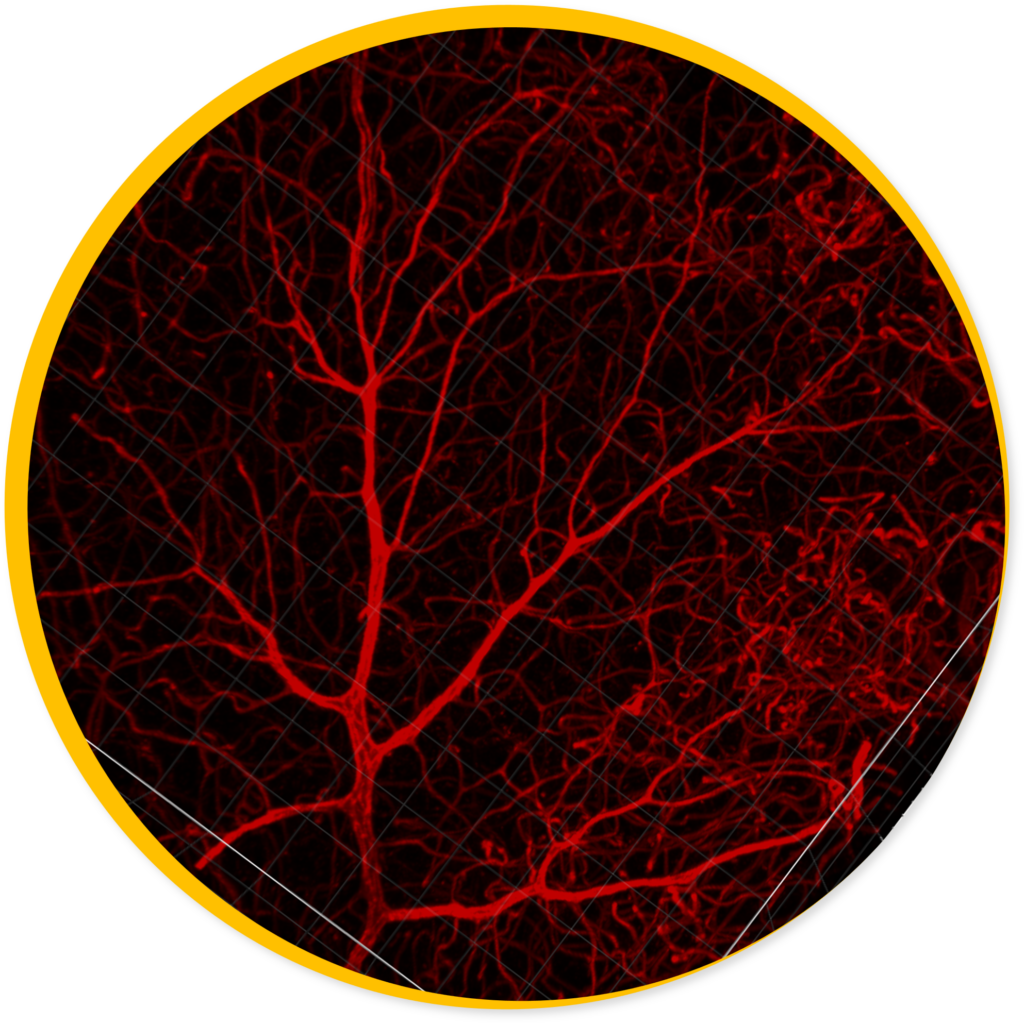
Our patented ExAdEx vascularized 3D models preserve a natural 3D vascular and lymphatic network and allow to support claims related to vasoconstriction, vasodilation, stimulation of lymphatic network and drainage, under-eye sagging and firmness
3D TISSUE MATRIX MODELS
MATRIX REMODELING,
ANTI-AGING, TISSUE REGENERATION
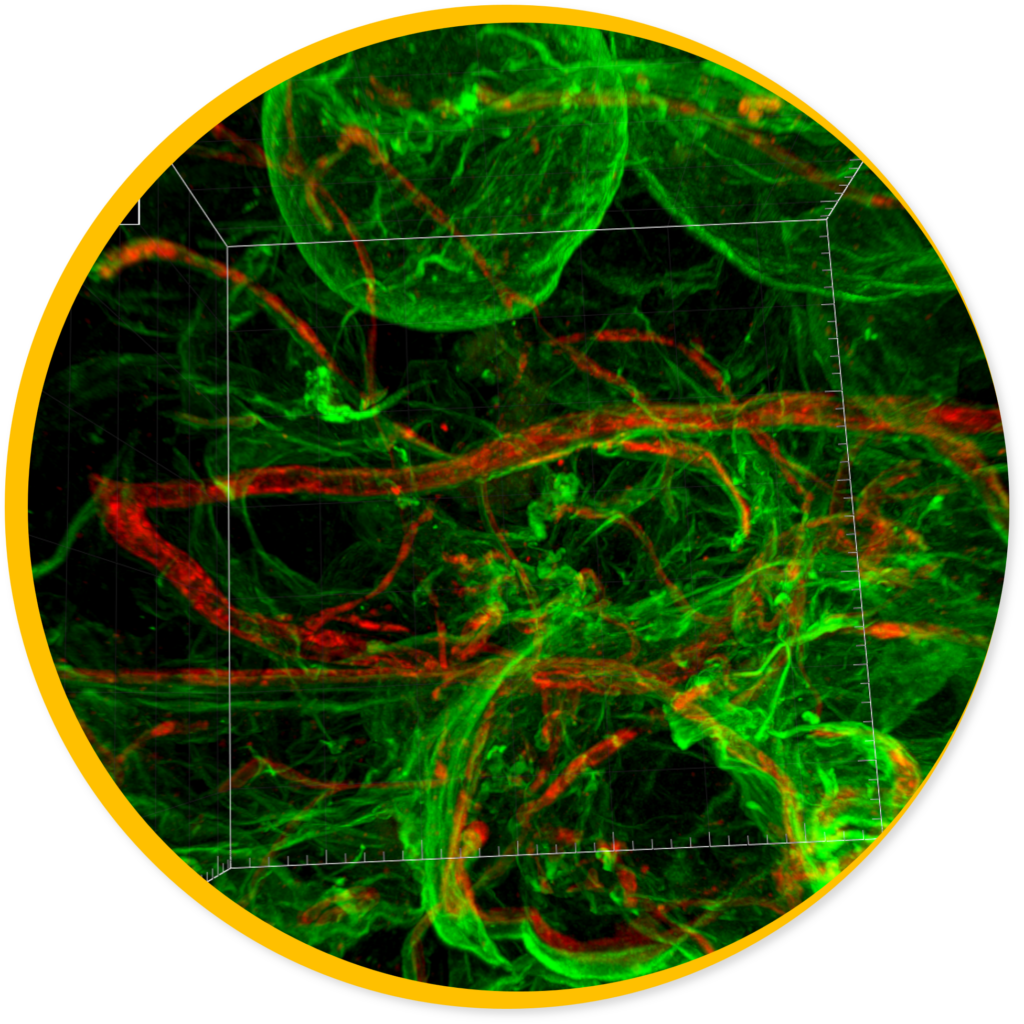
Our patented ExAdEx 3D models of donor-derived native extra-cellular matrix (ECM) allow to support claims related to tissue matrix remodeling, anti-stress, regenerative and anti-aging products and can mimic fibro-inflammation processes observed during skin aging and senescence
3D FAT TISSUE MODELS
SLIMMING, FAT BURNING,
METABOLIC ACTIVITY, CELLULITE
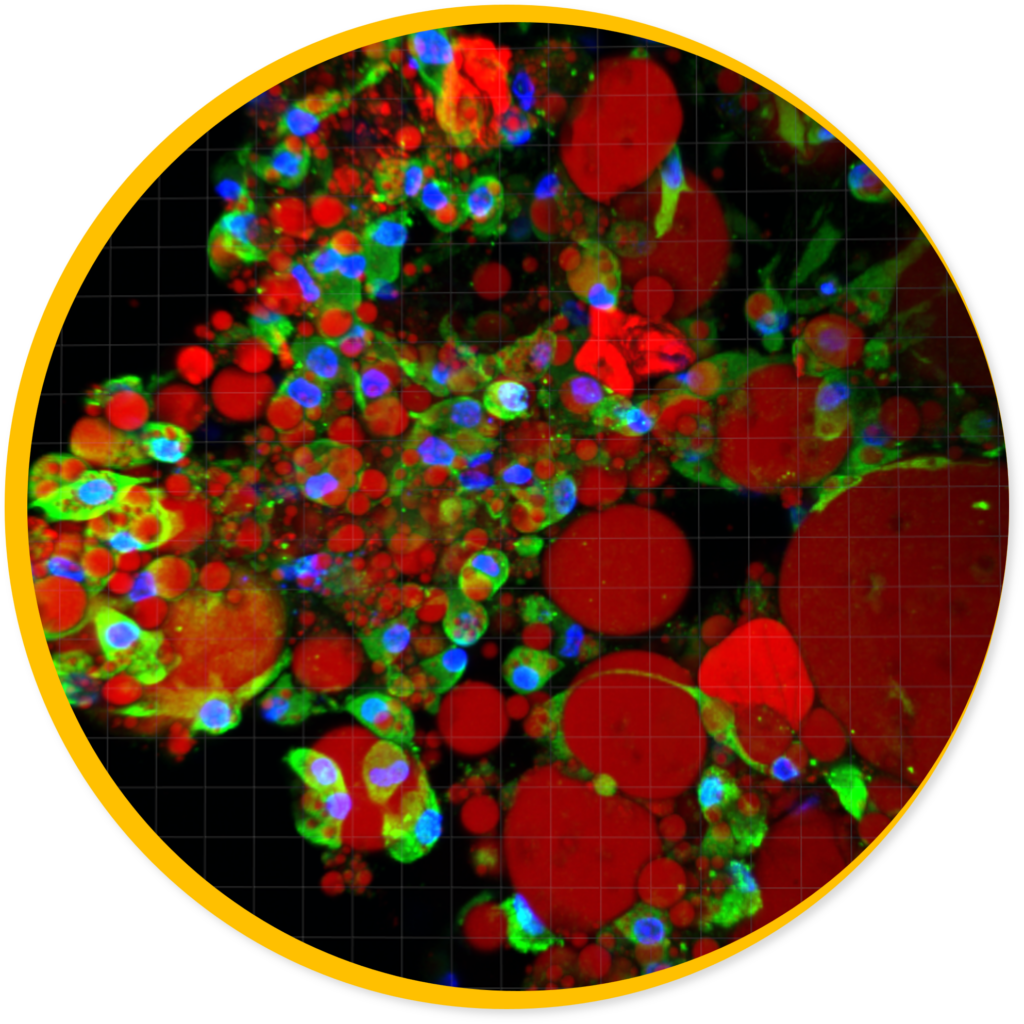
Our patented ExAdEx 3D real fat tissue models are the only clinically relevant ex vivo models with physiological fat burning and browning capacity, supporting claims targeting slimming, weight management, cellulite and metabolic aging and well-being

